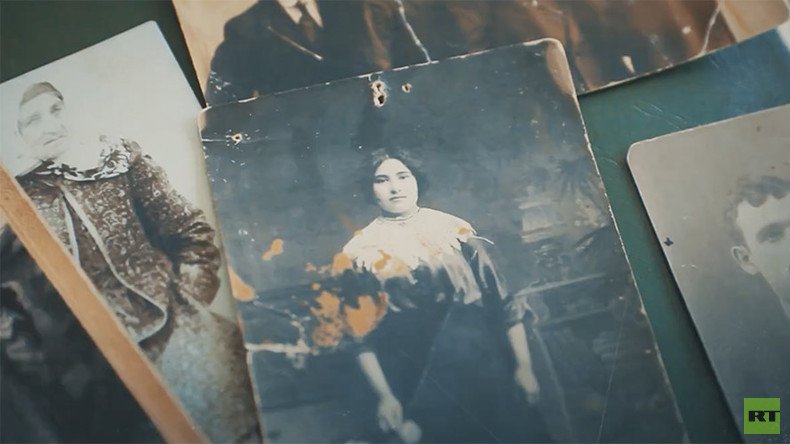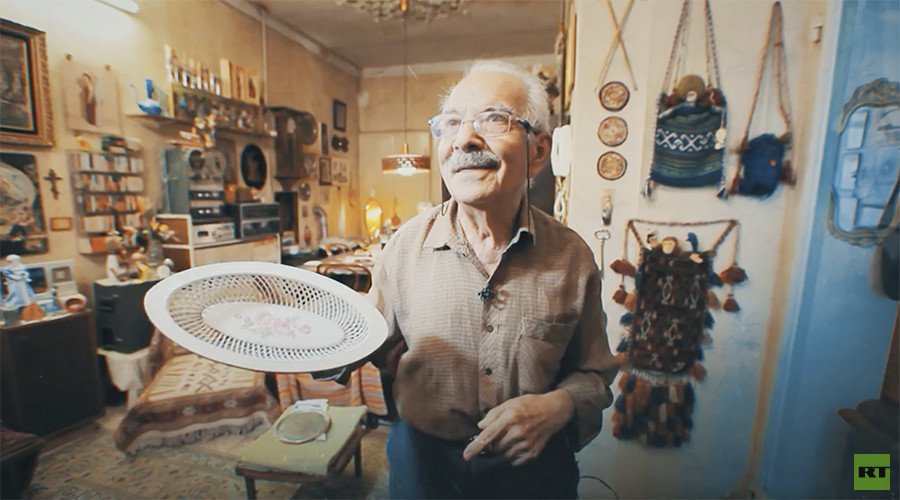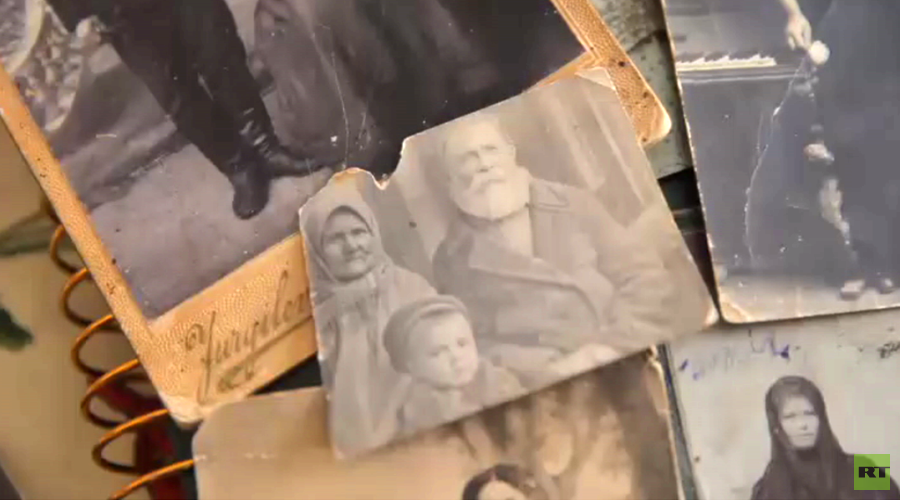Fleeing 1917 revolution: Children of Russian émigrés cherish memories in Iran (VIDEO)

The Russian revolution of 1917 paved the way for the creation of the Soviet Union – and also led to hundreds of thousands of people fleeing the country. While many left for Europe or America, RT found the offspring of Russian emigrants in Iran and went to talk to them.
November 7 marks 100 years since the Russian Revolution when the Bolsheviks led by Vladimir Lenin took control of the country. This was the second consecutive revolution that year, or the second and final part of one big revolution, the previous one forcing Nicholas II off the throne and installing a provisional government in the country.
With the power of the emperor abolished, the events of 1917 led to dramatic changes for the country. A brutal civil war unfolded as the so-called White Army, the supporters of the monarchy, tried to win back power at the cost of enormous bloodshed over the years 1918-22.
During this period, over one million people who found themselves on the wrong side of the new regime – the nobility, military, merchants, writers, scientists and others – fled the country, finding refuge in many various parts of the world. Many chose Europe or the US as their destination, but RT also found descendants of the “White Emigres” in Iran.
‘Bolsheviks took everything’
The parents of theater director Gabriel Tikidjian were among those forced out of the country by the Bolsheviks. His father was married to a Persian woman, who took the children and departed for Tehran right after the events of 1917. But his father wasn’t eager to leave his homeland at first, saying that he wanted to “wait and see how it goes.”
It went badly, Gabriel said, as the Bolsheviks “took everything” from the wealthy family, which owned sausage, soap and sugar factories. “They took everything because they had the power,” Tikidjian said. Eight months after the revolution, his father was also kicked out of his university and decided to join his family in Iran.
But life in Tehran wasn’t easy for Gabriel Tikidjian, as his wife divorced him and her family accused him of being mentally ill. He spent a week in a psychiatric ward and was only released after it was revealed that he was from a family that had been well respected in Russia.

Gabriel’s father later remarried in Tehran and owned a shop in the Iranian capital. During World War II, he oversaw the cargo that was sent from Iran to the Red Army fighting the Nazi invaders.
According to Gabriel, his father always spoke highly of the Russian people, despite the way the Bolsheviks treated his family. “Father only ever spoke Russian. He always said: ‘I should go to Russia. If I die, bury me there,” he recalled.
‘Always wanted to move back’
Another descendant of emigres, Anna Assyrians, says her father and mother left Russia because of the revolution, but they “always wanted to move back.”
“My soul is Russian,” Assyrians, who was born in Iran and used to work for the Health Ministry there, said of herself. She said they always spoke Russian when talking to the descendants of other emigres.
Lenin v Kerensky: Photo-artist Marina Amaral brings revolutionary color to #1917LIVE
She showed her vast collection of black-and-white photos of her ancestry in Russia over a century ago. But, being separated from her family, Assyrians couldn’t name the people in the pictures, saying: “It’s my mommy. I only know her well.”

November is coming: Relive the climax of the Russian Revolution with #1917LIVE
To learn more of those events, you can turn to Twitter and check the hashtag #1917LIVE. RT has been running a huge historical reenactment with dozens of characters, including Lenin and Nicholas II, acting as if the social media platform had been available to them at that time.
The main anchor of the project is the Twitter account of the Russian Telegraph, a fictional newspaper which breaks the latest news of 1917 and retweets the historic figures taking part in the project. RT is also inviting anyone in the Twittersphere to join in the reenactment, creating their own accounts of historical figures of the time and sharing their tweets using the hashtag #1917CROWD.












